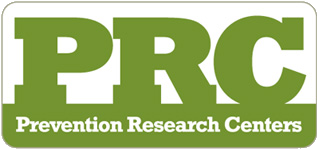Global Lessons, Local Solutions
Knowledge translation from research into practice has long challenged public health. While evidence-based interventions exist to reduce chronic disease mortality by addressing common lifestyle and behavioral risks they suffer from lack of implementation. This gap between knowledge and practice – the “know-do” gap – is more pronounced in communities of need throughout the world.
Opportunities exist to improve the process of translating knowledge into practice. For one, better understanding of local social and cultural circumstances may reduce the know-do gap. For two, novel ways to achieve better engagement in communities with disparities frequently arise from global settings that have demonstrated creative problem-solving when challenged with a wide range of barriers. Such learning can directly benefit communities of need nested within wealthier nations, in part by recognizing that community circumstances warrant creativity in blending best-practice with local culture to reduce preventable chronic disease mortality.
The Global Network creates, nurtures, and supports researcher-community partnerships that are essential for addressing the “know-do” gap.
We collaboratively conduct, share, and translate innovative chronic disease prevention research in low-resource settings, particularly those relevant to the U.S. Affiliated Pacific Islands, Puerto Rico, and the U.S. Virgin Islands. The ultimate aim is to put such research into practice domestically and around the world.
News
News & Updates from around the world of the global network
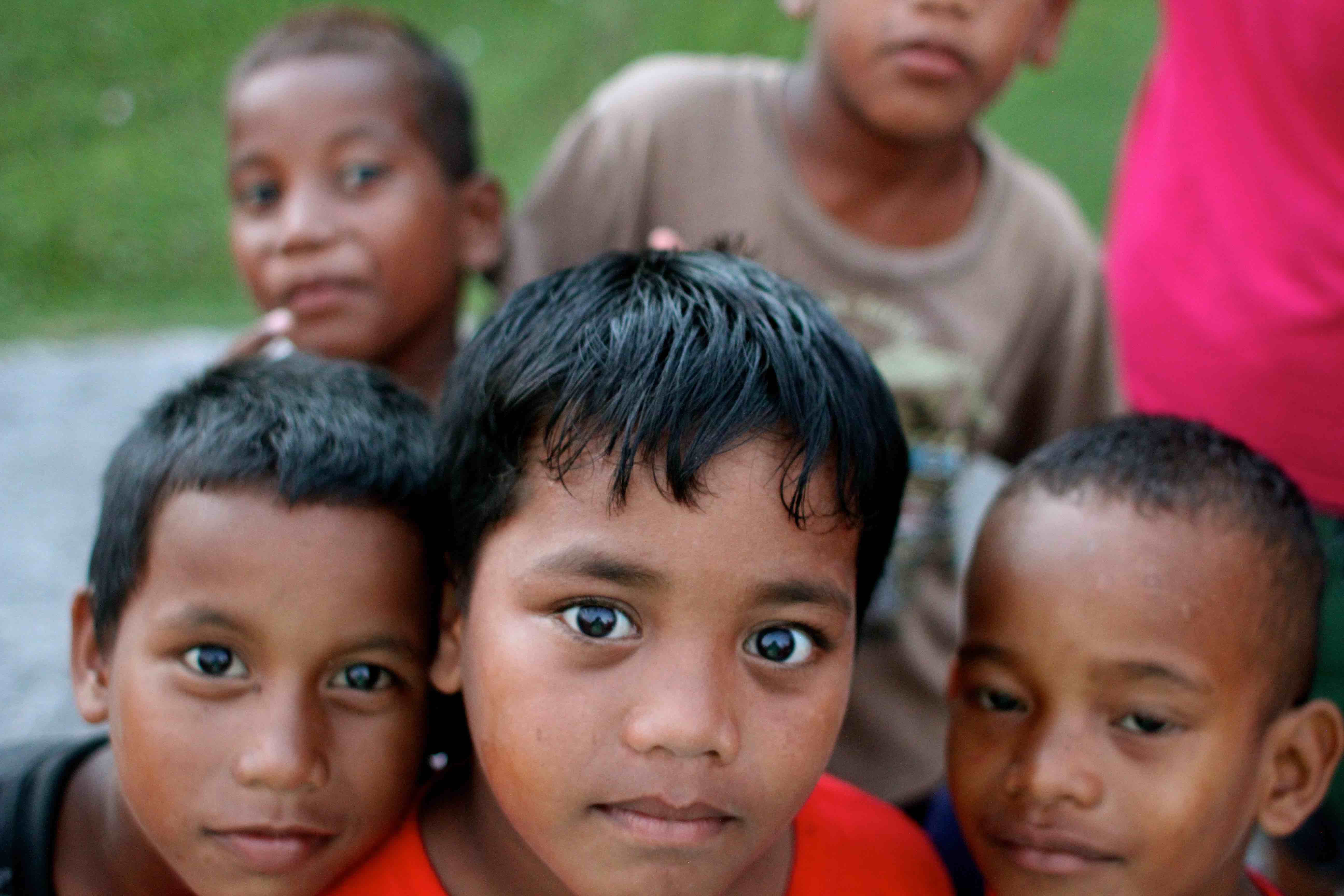 April 21, 2016
April 21, 2016
Second Annual Rochester Global Health Symposium & UNYTE Scientific Session
This year’s symposium brings together leaders in global health research from Upstate New York and around the world to promote research collaboration, provide networking opportunities and help new researchers begin a career in global health. The theme of this year is Innovative Solutions to Combat Global Health Disparities. Watch recordings of symposium talks.
 April 06, 2016
April 06, 2016
Reflections on Field Work in Pacific Islands
Early photos and drawings of Pacific peoples show a lean, active, and healthy population that thrived in a challenging and isolated environment. How then did the Pacific Islands become one of the most intransigent diabetes hot zones on the planet? To learn more check out Dr. Tim Dye's, University of Rochester, reflections on field work in the Pacific Islands at BioMed Central's On Health Blog. Read the full blog post
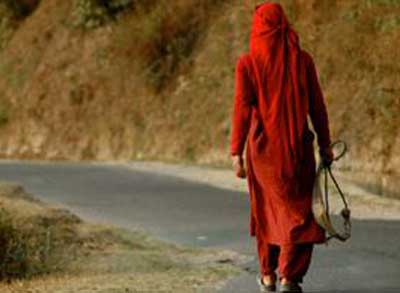 September 01, 2015
September 01, 2015
New study published by Global Network
Research on Women's Cancers Lacking in Poor and Middle-Income Countries. Read the full article
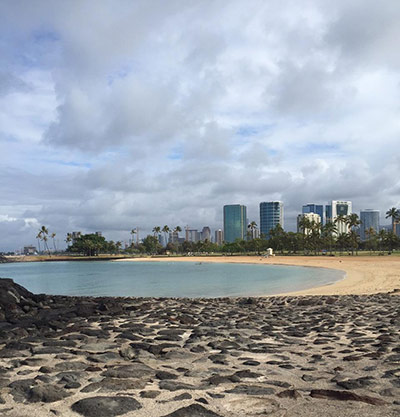 May 01, 2015
May 01, 2015
E-Health Readiness assessment at Cancer Council of the Pacific Islands
University of Rochester collaborating center in collaboration with the University of Hawai'i at Manoa led a survey development process to assess “e-Health Readiness” in time for a semi-annual CCPI (Cancer Council of the Pacific Islands) conference held April 27-30 at the University of Hawaii.
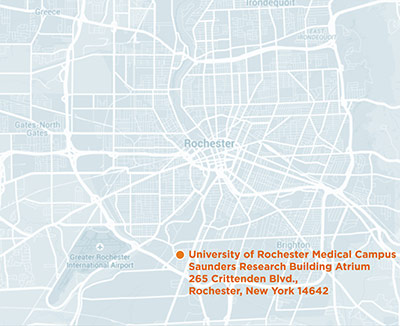 April 20, 2015
April 20, 2015
First Annual Global Network Symposium
The 1st Annual symposium convenes researchers, students, and practitioners from all sectors of global health to exchange ideas about how to conduct, share, and translate innovative health promotion in low-resource settings. Learn More About the Symposium
CDC awards $19.5 million to Prevention Research Centers nationwide
The Centers for Disease Control and Prevention has awarded $19.5 million to 26 academic institutions in 25 states to study how people and their communities can avoid or counter the risks for chronic illnesses, such as heart disease, obesity, and cancer. The funds will support the development and evaluation of practical public health prevention interventions. The awards are for the first year of a five-year funding period. Read More at the CDC Site
